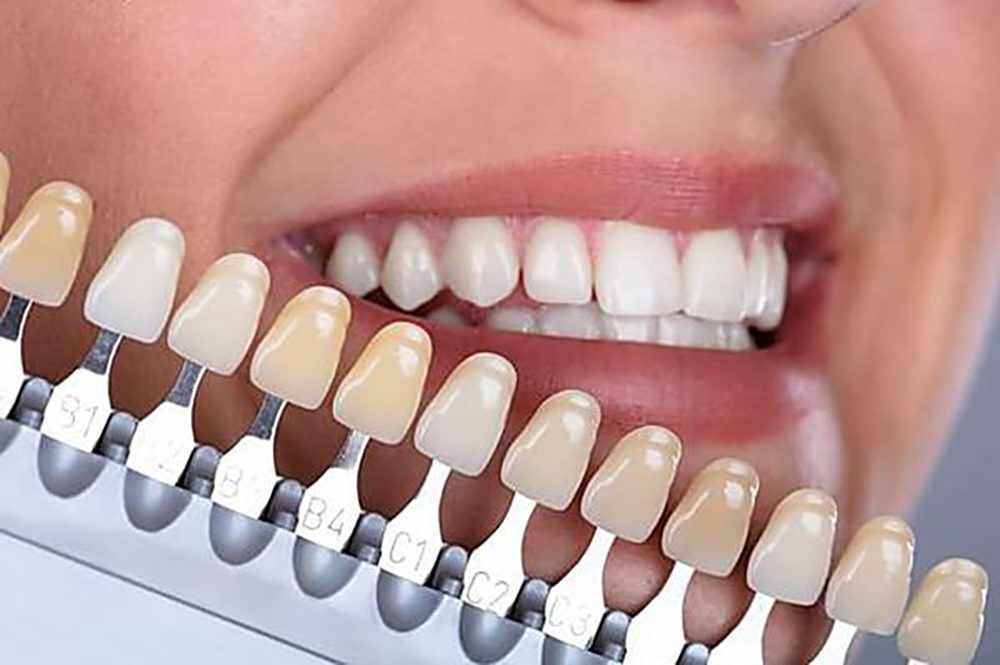Understanding Dental Implants: Options, Care, and Finding Services
Dental implants have revolutionized restorative dentistry, offering a permanent solution for missing teeth that closely mimics natural tooth function and appearance. As dental technology advances, patients now have access to various implant options, treatment timelines, and alternative solutions depending on their oral health needs and budget considerations.

Dental implants represent one of modern dentistry’s most significant advancements, providing a durable and aesthetically pleasing solution for tooth replacement. These titanium posts surgically placed into the jawbone serve as artificial tooth roots, supporting crowns, bridges, or dentures while preserving bone structure and facial aesthetics. Understanding the implant process, available alternatives, and how to maintain these investments can help patients make informed decisions about their dental health.
What Are The Alternatives To Dental Implants?
While dental implants offer numerous benefits, they aren’t the only option for replacing missing teeth. Traditional dental bridges can span the gap created by missing teeth by anchoring to adjacent natural teeth. Unlike implants, bridges don’t require surgery but may require healthy teeth to be altered to support the structure.
Removable partial or complete dentures provide another alternative. Modern dentures are more comfortable and natural-looking than ever before, though they lack the stability and bone preservation benefits of implants. For some patients, denture adhesives can improve retention, but they still require regular removal for cleaning.
In some cases, resin-bonded bridges (Maryland bridges) offer a conservative alternative for front teeth replacement. These bridges use metal or porcelain wings bonded to the backs of adjacent teeth, requiring minimal tooth preparation compared to traditional bridges.
How To Maintain Proper Teeth Care With Dental Implants?
Dental implants require consistent care to ensure their longevity. Daily brushing with a soft-bristled toothbrush and non-abrasive toothpaste helps prevent plaque buildup around the implant crown and gumline. Flossing remains essential, with special floss or interdental brushes designed specifically for cleaning around implants and their supporting structures.
Water flossers can be particularly effective for implant maintenance, reaching areas that traditional flossing might miss. Additionally, antimicrobial mouth rinses may be recommended by dental professionals to reduce bacteria around the implant site.
Regular professional cleanings are crucial for implant longevity. Dental hygienists use specialized tools designed not to scratch implant surfaces while removing calculus and biofilm. Most dentists recommend checkups every 3-6 months for implant patients to monitor the health of both the implant and surrounding tissues.
What Dental Health Services Are Essential For Implant Patients?
The journey toward dental implants requires a comprehensive team of specialists working together. Initially, a thorough evaluation by a prosthodontist or restorative dentist determines if a patient is a suitable candidate for implants. This assessment includes comprehensive imaging, often utilizing 3D cone beam computed tomography (CBCT) for precise treatment planning.
For many patients, preliminary procedures may be necessary before implant placement. These might include bone grafting to build up insufficient jaw bone, sinus lifts for upper jaw implants, or periodontal treatment to ensure healthy gum tissue. These preparatory services are crucial for creating an optimal foundation for successful implant integration.
Following implant surgery, regular maintenance appointments become essential. These specialized hygiene visits focus on the unique needs of implant patients, with dental professionals checking for signs of peri-implantitis (inflammation around implants), mobility, or other complications that could threaten implant success.
Is It Possible To Get Fast Dental Implants?
Traditional dental implant protocols typically require several months between extraction, implant placement, and final restoration. However, advances in implant dentistry have introduced accelerated treatment options for suitable candidates.
Same-day implants (also called immediate-load implants) allow for extraction, implant placement, and temporary crown attachment in a single appointment. This approach requires excellent bone quality and quantity to provide sufficient initial stability for the implant. Computer-guided surgery has made this process more predictable, allowing for precise placement based on detailed 3D planning.
Another accelerated option is the All-on-4 technique, which can provide a full arch of teeth supported by just four strategically placed implants. This approach often eliminates the need for bone grafting and can provide immediate function with a temporary prosthesis while final healing occurs.
It’s important to note that not all patients qualify for expedited implant protocols. Factors such as bone density, overall health, and smoking status can influence candidacy for these faster approaches.
How To Find A Dentist Specializing In Implants?
Finding the right dental professional for implant treatment requires careful research. Start by seeking dentists with specific credentials in implantology, such as fellowship or diplomate status with the International Congress of Oral Implantologists (ICOI) or the American Academy of Implant Dentistry (AAID).
Online platforms like the Canadian Dental Association’s website offer searchable databases of qualified practitioners. Patient reviews can provide valuable insights into others’ experiences, though they should be considered alongside professional qualifications.
When evaluating potential providers, inquire about their implant experience, including how many procedures they’ve performed and their success rates. Ask to see before-and-after photos of actual patients. Many specialized implant dentists offer free consultations, providing an opportunity to assess their communication style and treatment approach before committing.
Understanding Dental Implant Costs and Options
Dental implant costs vary significantly based on several factors including geographic location, the dentist’s expertise, and the complexity of your case. Below is a comparison of typical dental implant options and their associated costs in Canada.
| Implant Type | Typical Cost Range | What’s Included | Average Treatment Time |
|---|---|---|---|
| Single Tooth Implant | $3,000-$6,000 | Implant, abutment, crown | 3-6 months |
| All-on-4 Implants | $20,000-$30,000 per arch | 4 implants, full arch prosthesis | 1-3 days for temporary, 3-6 months for permanent |
| Mini Implants | $500-$1,500 per implant | Smaller diameter implant | Often same day |
| Implant-Supported Dentures | $8,000-$15,000 per arch | 2-6 implants, specialized denture | 3-6 months |
| Bone Grafting (if needed) | $400-$3,000 | Grafting material, procedure | Adds 3-6 months to timeline |
Prices, rates, or cost estimates mentioned in this article are based on the latest available information but may change over time. Independent research is advised before making financial decisions.
When comparing providers, consider not just the initial cost but also the dentist’s experience, warranty policies, and what exactly is included in the quoted price. Some practices offer financing options or dental discount plans that can make treatment more affordable.
Dental implants represent a significant investment in oral health, offering benefits that extend far beyond aesthetics. While the upfront cost may exceed that of alternatives like bridges or dentures, the longevity and functionality of implants often provide better value over time. Most importantly, successful implant treatment requires thorough planning, precise execution, and consistent maintenance. By understanding the options available and finding the right dental professional, patients can make informed decisions about restoring their smiles with this advanced tooth replacement solution.
This article is for informational purposes only and should not be considered medical advice. Please consult a qualified healthcare professional for personalized guidance and treatment.




